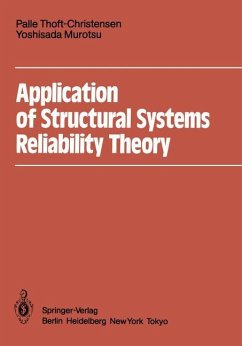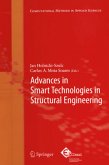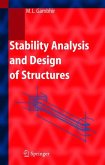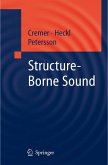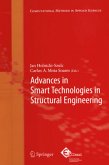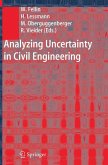During the last two decades more and more universities offer courses on modern structural reliability theory. A course on structural reliability theory is now a natural part of the curri culum for mechanical and structural engineering students. As a result of this, a number of textbooks have been published in this decade. In PlOst of these books it is shown how the reliability of single structural members can be evaluated in a rational way. The methods used are usually so-called level 2 methods, i. e. methods involving certain approximate iter ative calculations to obtain an approximate value of the probability of failure of the struc tural members. In these methods the joint probability distribution of relevant variables (re sistance variables, loads, etc. ) is simplified and the failure criteria are idealized in such a way that the reliability calculations can be performed without an unreasonable amount of work. In spite of the approximations and idealizations made it is believed that a rational treatment of uncertainties in structural engineering can be obtained by level 2 methods. Usually, in sufficient data are at hand to make a more advanced estimate of the reliability of a struc tural member. It has been recognized for many years that a fully satisfactory estimate of the reliability of a structure must be based on a systems approach. In some situations it is sufficient to estimate the reliability of the individual structural members of a structural system.
Hinweis: Dieser Artikel kann nur an eine deutsche Lieferadresse ausgeliefert werden.
Hinweis: Dieser Artikel kann nur an eine deutsche Lieferadresse ausgeliefert werden.

